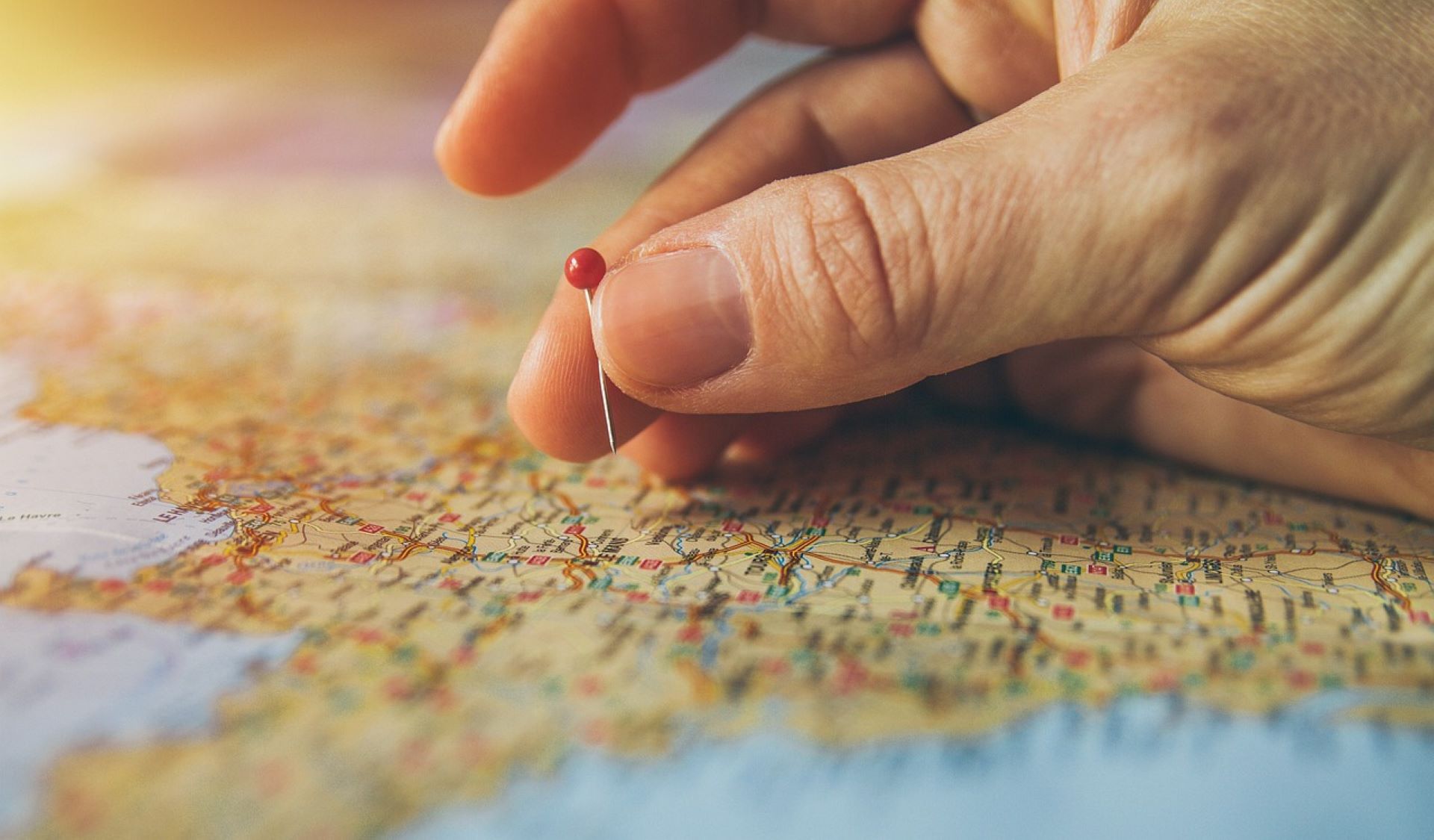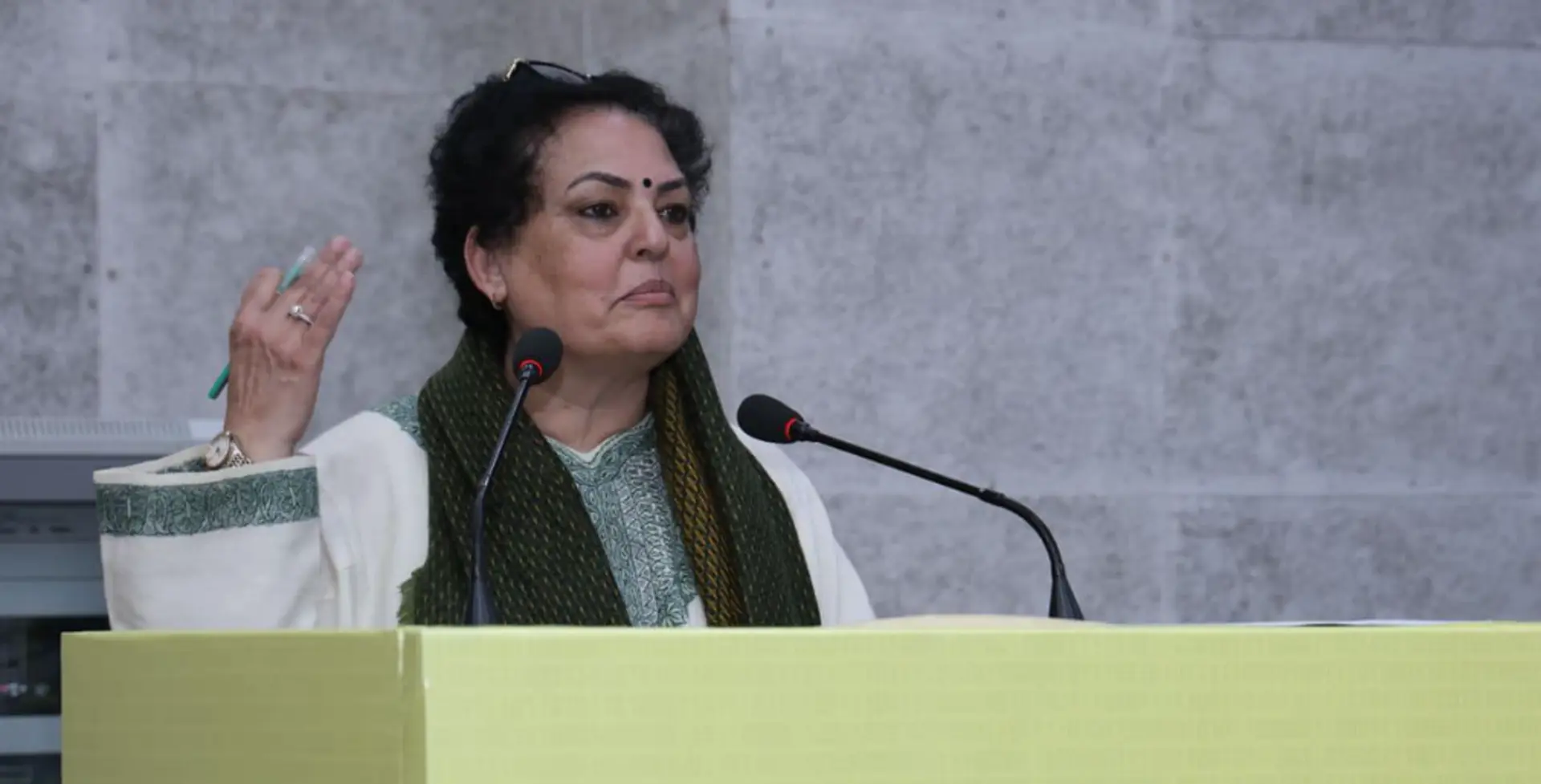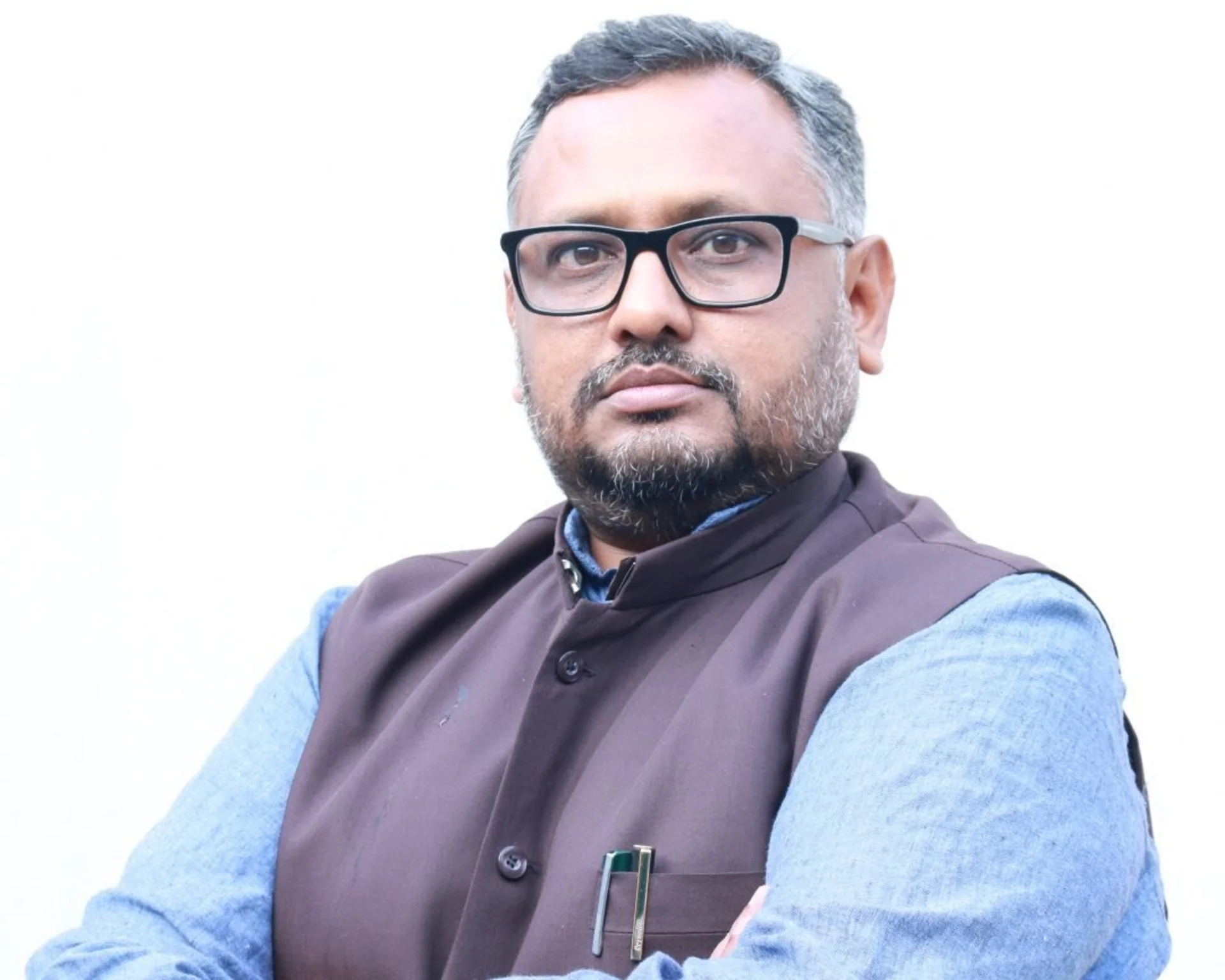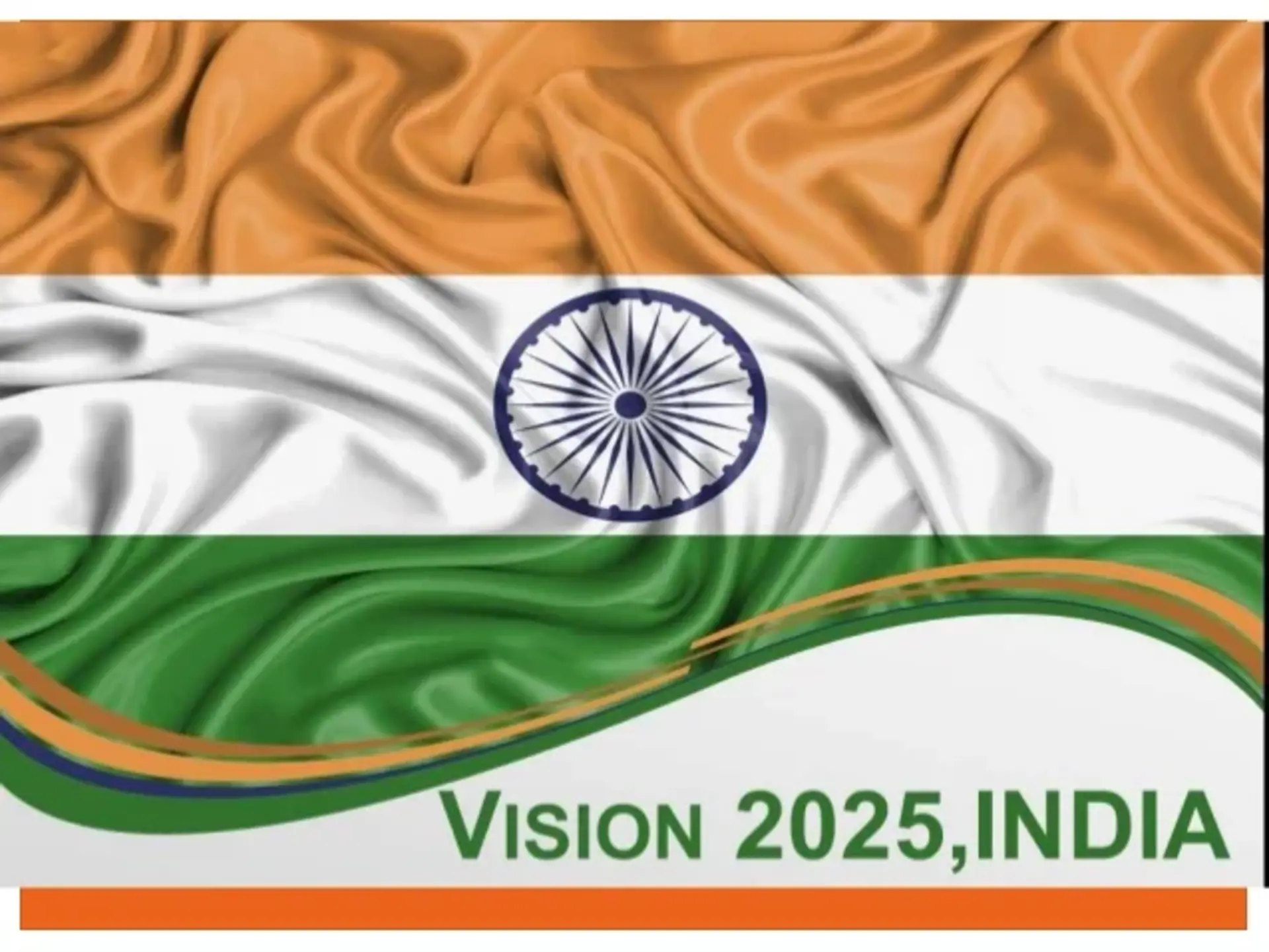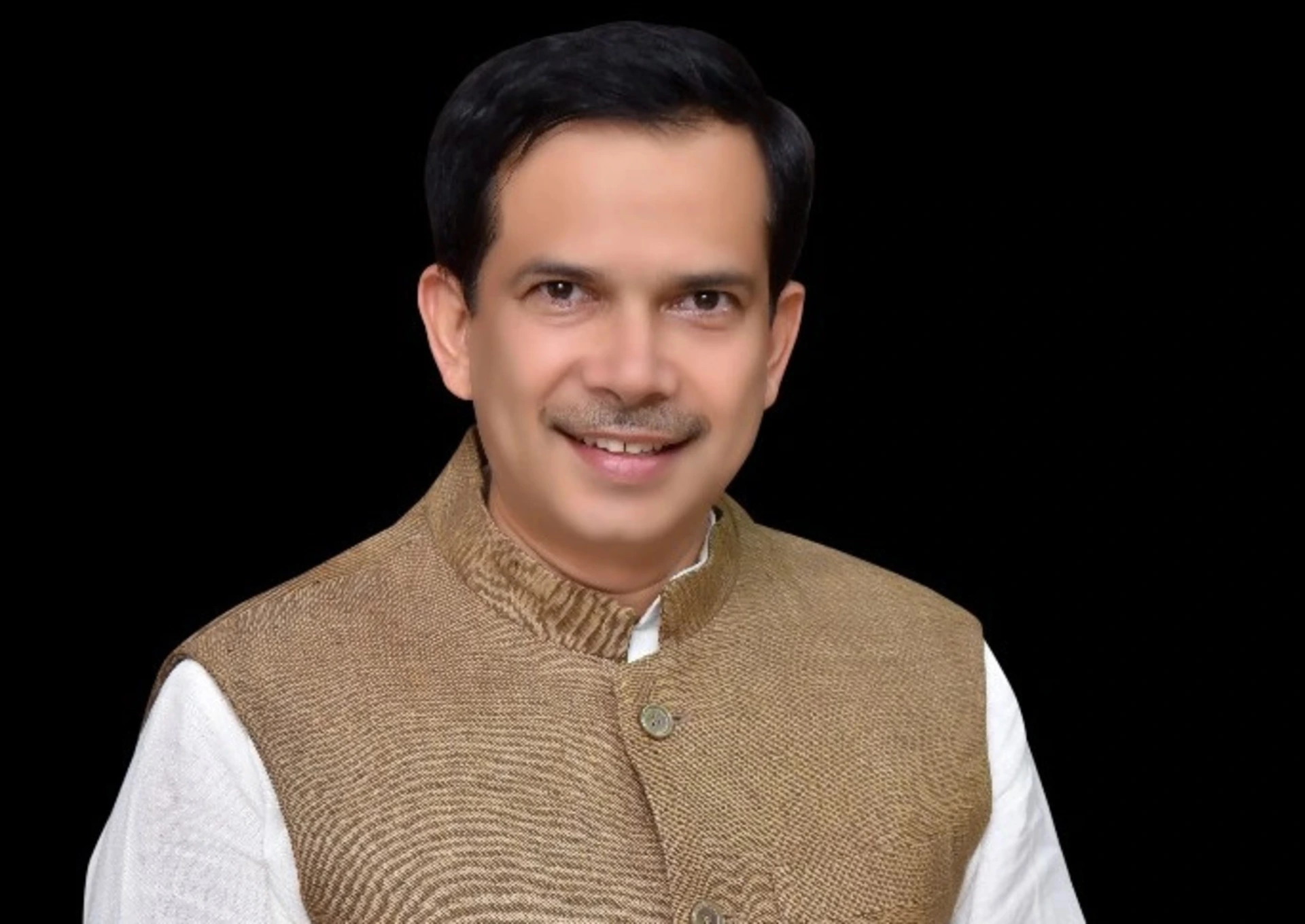
When the name of the subject economics is taken, then the first thing that comes to everyone’s mind is per capita GDP, GDP, inflation, interest, liquidity to name a few. However, geography is an underrated and understudied subject in academic circles. The subject is also closely linked with Neoclassical thought, which came up in the 1890s-1910s. Marxist economists have also contributed to this field of economic geography.
The study basically tries to understand what role socio-cultural and geographical factors have been considered on how they impact the economy & vice versa. This is also a part of spatial phenomena that is covered under economic geographers. Economic geography is used in both macro and micro economics.
Economists like Paul Krugman and Jeffrey Sachs have contributed enormously to this subject. The theory is utilised in international trade theory, development economics to name a few. The history of this particular subject dates back to the olden times when cartography was very crucial for the development of a nation. Cartography led to the evolution of maps, which led to evolution to trade and leading to development of theories surrounding this particular subject.
The economists first used to give the geographical specifications and how it is impacting the economy. The use of climate studies was also used for the first time in this field itself. Keasbey, a key economist, argued for the use of economic geography more prominently in scholarly work to promote understanding of how the empire must expand.
We can see that economic geography has also risen due to influence from the then ruling classes. The subject gained further popularity post world war–2, when even environmental economics gained popularity. Today when Prime Minister Modi is speaking of green financing, that is also a major part of the economic geography. Economic geography also has many subjects branching out of it, namely ; Theoretical economic geography (theories on spatial arrangement & distribution of activities), Regional economic geography (regional concerns), historical economic geography (centres of population & economic activity shift), evolutionary economic geography(evolution of cities), behavioural economic geography(geography, cognitive processing & firms evolution) and critical economic geography. Critical geography is nothing but climate based economics.
The sub-sections that are prevalent in economic geography can lead to development of theories in subjects like urban housing, rural development which is of extreme importance in any emerging economy today. Historic economic geography is knowingly or unknowingly used whenever the historic data analysis of a city centre occurs. The evolutionary economics is used closely in business case studies as well, apart from framing policies.
The basics of economic geography would be used in development of national growth hubs as promised in the budget 2024. The talks of eradicating regional poverty from some part of the country also traces its roots back to economic geography. Behavioural economic geography is used by firms to exploit geography of a particular region to give targeted ads. For example: The socio-geographic issues of a state like Maharashtra are used to give advertisements related to agricultural products, which may have a higher demand, the same ad won't be played in the same language in other states, say MP. This shows how geography and the socio-economic issues of a region affects the marketing policies of companies.
The subject only has had one major economist who is Mr. Hugo Brooks, but apart from that there have been no other notable economists till date in this particular field. Though the field is extremely relevant in today’s era where geo–economics dictates the terms of trade or even international relations, its sad to see that the impact of economics on geography and vice versa is not studied properly under 1 roof, especially in the academic circles. The subject needs to be discussed at length which would help in framing relevant policies for the betterment of the nation & the globe at large.
About the Author: Srikar Srivatsa Dahagam is an incoming student of MA International Economics at the Graduate Institute of International & Development Studies, Geneva.



